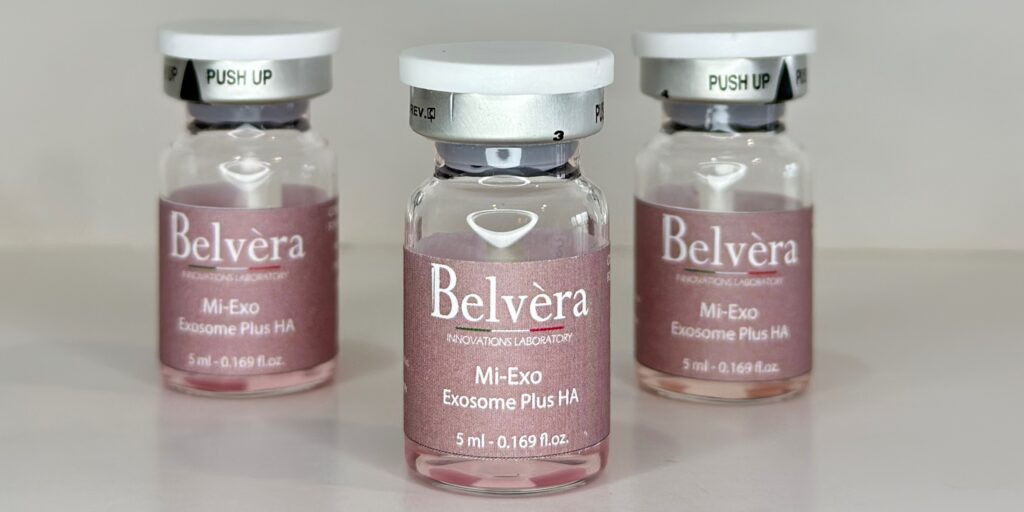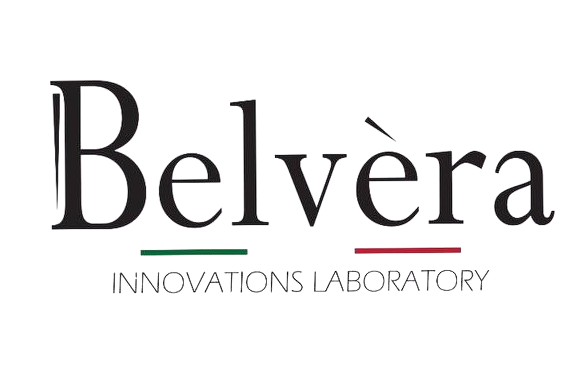
As exosome technology continues to revolutionize skincare and regenerative medicine, a key question arises: Which type of exosome offers the best combination of safety, efficacy, scalability, and affordability? While exosomes can be sourced from plants, humans, or animals, bovine milk-derived exosomes have emerged as a highly promising and practical solution—particularly in aesthetic formulations.
In this article, we compare the advantages of milk exosomes to plant-based and human-derived exosomes in cosmetic and biomedical applications.
🧬 What Are Exosomes and Why Do They Matter?
Exosomes are nano-sized extracellular vesicles (EVs) secreted by cells to carry bioactive molecules such as proteins, microRNAs, lipids, and growth factors. These vesicles facilitate cell-to-cell communication, tissue repair, and rejuvenation—making them a breakthrough ingredient in anti-aging skincare, hair restoration, and wound healing.
✅ 1. Safety and Biocompatibility: Milk Exosomes Are Naturally Non-Immunogenic
Milk-derived exosomes, especially those from bovine sources, are considered safe for both oral and topical use. Since humans have consumed cow’s milk for centuries, the body recognizes milk exosomes as non-foreign, reducing the risk of immune reactions or inflammation.
Bovine milk exosomes are GRAS-certified (Generally Recognized As Safe) for ingestion and topical use.
Human-derived exosomes, especially those from donors or stem cells, may pose risks of immune response, viral contamination, and ethical concerns.
Plant-derived exosomes are relatively safe, but may lack receptors compatible with human cells, reducing their effectiveness in therapeutic applications.
✅ 2. Scalability and Sustainability: Milk Exosomes Are Cost-Effective and Abundant
Sourcing exosomes from human stem cells is resource-intensive and expensive, limiting commercial scalability. In contrast, milk offers a renewable, ethically uncomplicated, and highly scalable source of exosomes.
A single liter of bovine milk can yield billions of exosomes.
Industrial dairy infrastructure already exists, ensuring low-cost large-scale production.
Plant exosomes, while scalable, often vary in quality due to climate, crop yield, and extraction difficulty.
✅ 3. Bioactivity and Cell Communication: Milk Exosomes Speak the Body’s Language
Milk exosomes contain highly conserved signaling molecules such as:
MicroRNAs (miR-148a, miR-21, miR-200c)
Proteins and lipids that promote collagen synthesis, tissue repair, and anti-inflammatory responses
These components allow milk exosomes to interact efficiently with human skin and immune cells, making them highly bioactive in both topical and injectable aesthetic products.
Human exosomes are also potent, but carry ethical and regulatory challenges.
Plant exosomes offer mostly antioxidant effects, but lack human-specific cellular interaction capability.
✅ 4. Stability and Formulation Flexibility: Milk Exosomes Are Robust
Formulators love milk exosomes because they:
Remain stable at a wide range of temperatures and pH
Can be lyophilized (freeze-dried) for long shelf life
Easily integrate into creams, serums, vials, and oral supplements
By contrast:
Human exosomes often require ultra-cold storage, making them less practical for commercial skincare.
Plant exosomes are less stable and often degrade during processing.
✅ 5. Regulatory and Ethical Simplicity
Using bovine milk exosomes avoids many of the regulatory burdens associated with human cell-derived products. They are:
Ethically sourced
Free from disease transmission risks
Not subject to stem cell or donor tissue laws
This ensures faster regulatory approval, especially for cosmetic and nutricosmetic products.
🧪 Why We Use Bovine Milk Exosomes in Belvèra Cocktails
At Belvèra Innovations Laboratory, our scientific team selects each ingredient based on its clinical value, safety profile, and long-term sustainability. After extensive research, we chose bovine milk-derived exosomes as the core of our mi-exo cocktails for skin and hair rejuvenation.
Here’s why:
🧬 High Bioavailability: Milk exosomes deliver essential miRNAs and growth factors that stimulate cell regeneration, collagen production, and inflammation reduction.
🛡️ Safe and Non-Immunogenic: Naturally present in the human diet, they integrate seamlessly with the body—ideal for sensitive skin and medical aesthetics.
🌱 Sustainable and Ethical: Sourced from certified dairy farms, our bovine exosomes support green biotechnology and cruelty-free innovation.
⚗️ Formulation Versatility: They remain stable in various conditions and are compatible with HA, peptides, vitamins, and other active ingredients in our exosome cocktails.
🌟 Final Thoughts
In the rapidly growing field of exosome-based cosmetics and regenerative medicine, bovine milk exosomes offer the perfect synergy of science, safety, and scalability. They outperform human and plant-derived alternatives in terms of stability, safety, bioactivity, and cost-efficiency.
That’s why at Belvèra, we proudly formulate with bovine milk-derived exosomes—a smart, ethical, and high-performance choice designed to elevate the future of skincare and aesthetic innovation.
